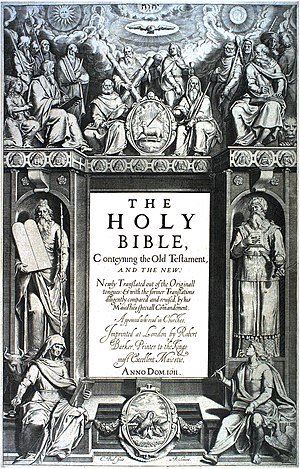Jewish date: 28 ’Av 5770 (Parashath Shofeṭim).
Today’s holidays: Nineteenth Sunday of Ordinary Time (Roman Catholicism), Feast Day of St. Britishthermalunit, inventor of AC (Church of the SubGenius).
Worthy causes of the day: “Ban New Offshore Drilling - Take Action Today @ The Rainforest Site”, “ColorOfChange.org: Tell Google: "Don't be evil" / And to stop dealing away the Internet”, “MoveOn.org Political Action: Google: Don't Be Evil”, and “Alliance for Justice: Congress: Repair the Damage Caused by the Corporate Court”.
Topic 1: It has occurred to me that there is an irony in the terminology of the Arab-Israeli War. The Muslims call Israel “Palestine” in an effort to dissociate it from Judaism. Now, where does this term come from? After the Romans finally crushed the Bar Kokhba’ Revolution (with much difficulty), they adapted the name of traditional rival state about where now the Gaza Strip is, the Pelesheth (= “low-country”) and started calling Israel Syria Palestina. This was later shortened to “Palestine”. Thus the Muslims are implicitly identifying with Israel’s oppressors and occupiers from the Roman Empire. The irony comes in that the “Palestinians” claim to be oppressed and occupied. They could have gone with “Canaan” instead, given that the Kena‘anim lost out to the Children of Yisra’el, but no one has any nostalgia for the Kena‘anim.
More anti-Semitism: “Canadian Media Bark up the Wrong Tree in Lebanon Ambush (August 4, 2010)”, “Dead Photojournalist Waiting To Happen” and “Border Clash: A Case Study in Reuters Photography” deal with reporter bias, participation in an international incident, and stupidity. (I am aware “stupidity” is a strong and undiplomatic word, but putting oneself in a position where one could easily be mistaken for an enemy soldier and get shot is pretty stupid.) “Photo Bias Rampant In the Media” deals with the photographic equivalent of quoting out of context:
“Sky News Discovers Gaza's Middle Class” reveals that not all Gazans are suffering.
Related: “Taqiyya - Lying For Islam” deals with lying in the name of Islam.
 Image of “pygargs” via Wikipedia
Image of “pygargs” via WikipediaTopic 2: Some strangeness from the King James Version (KJV): The KJV renders dishon in Deuteronomy 14:5 as “pygarg”, which is not an English word at all. “Pygarg” is an adaptation of the Greek pygargos, meaning “white-rumped”, which is used in the Septuagint. Why they did this, I am not really clear. “Addax” is a perfectly good English word, though maybe they really did not know anything about addaxes in England at that point.
Topic 3: For today’s religious humor: “Basement kitteh tabulates quarterly figures.”:

Peace.
Aaron






![Reblog this post [with Zemanta]](http://img.zemanta.com/reblog_e.png?x-id=3d1c32c9-277c-4c50-ae7e-b5516d0d4b63)

![Reblog this post [with Zemanta]](http://img.zemanta.com/reblog_e.png?x-id=89868d59-c312-4b9f-9e6a-e3884ff00556)

![Reblog this post [with Zemanta]](http://img.zemanta.com/reblog_e.png?x-id=5b9a82f0-1264-4c07-af8a-b05e4aca077f)

![Reblog this post [with Zemanta]](http://img.zemanta.com/reblog_e.png?x-id=318cb037-679d-4148-aa32-eb10ffef2a8d)

![Reblog this post [with Zemanta]](http://img.zemanta.com/reblog_e.png?x-id=9d51adb2-e18a-4b72-9dea-bac0ec9fd356)

![Reblog this post [with Zemanta]](http://img.zemanta.com/reblog_e.png?x-id=374de5c3-09ee-441d-9922-5e5613494701)